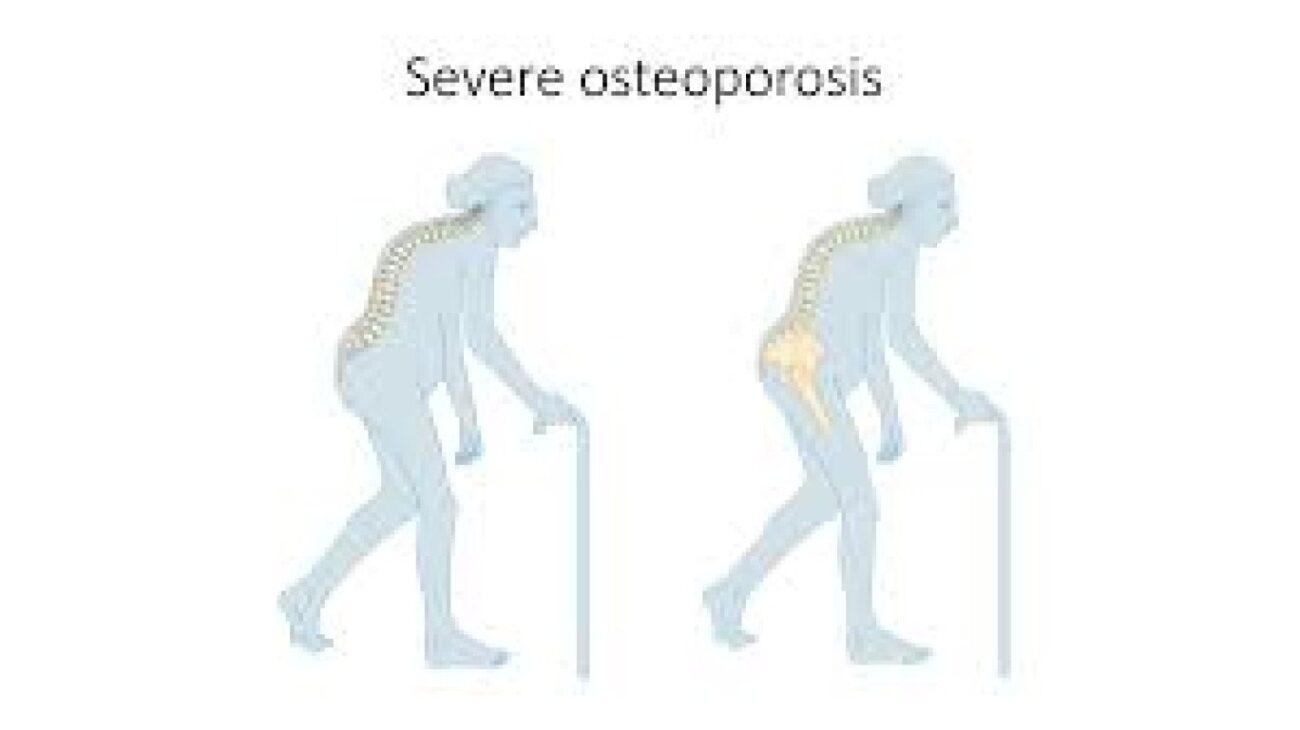Adherence to the protocol for steroid use, glycemic control, and decreased use of monoclonal antibodies can curb black fungus: Fortis Hospital Study
A total of 5248 patients with COVID19 were admitted between March 2020 to May 2021, of which 1027 were in ICU and 4221 inwards There were 417 patients with Diabetes Mellitus out of 1027

- A total of 5248 patients with COVID19 were admitted between March 2020 to May 2021, of which 1027 were in ICU and 4221 inwards
- There were 417 patients with Diabetes Mellitus out of 1027
- The blood glucose levels of patients were maintained between 140 – 180mg/dl in 842 (82%) patients
With a growing menace of Mucormycosis (Black fungus) infection among patients with COVID19, Intensive Care specialists at Fortis Hospital, Mulund conducted a study to understand the effect of adherence to protocols for COVID19 care and its link to reduction in incidences of Mucormycosis. The study revealed that under strict protocol-driven use of steroids and nurse-driven tight control of glycaemia, the occurrence of Mucormycosis can be avoided. The study was conducted and led by Dr. Rahul Pandit, Director-Critical Care, Fortis Hospitals Mumbai, Member-Maharashtra’s COVID19 Taskforce & Hon’ble Supreme Court appointed National Taskforce, along with Dr. Bindu M., Consultant, Critical Care & Dr. Charudatta Vaity, Associate Director, Critical Care, Fortis hospital Mulund.
As part of the study, Fortis Hospital Mulund reviewed 1027 patient admitted to the Intensive Care Unit (ICU) and a total of 4221 patients in the wards between March 2020 to May 2021. Zero incidence of Mucormycosis was noted in this group of patients. Of the 1027 patients admitted in the ICU, 915 received steroid therapy. There were around 417 patients with Diabetes Mellitus out of 1027. A total of 67 patients received a single dose of Tocilizumab a monoclonal antibody in addition to steroids for cytokine storm. The blood glucose levels of patients were maintained between 140- 180mg/dl in 842 (82%). Moreover, a total of 536 patients were treated with High Flow Nasal Cannula (HFNC) using an inbuilt humidified circuit, 227 on invasive mechanical ventilator using Heat Exchange Moisturizing (HME) filters, 56 patients needed non-invasive Ventilation using HME, the rest 147 received dry Oxygen.
The other aspect highlighted in the study reveals the significance of nurses driven vigilance at patient bedside. The use of other immunomodulatory drugs in this set of patients was also very low, with only 67 patients receiving a single dose of Tocilizumab. It is also important to note that strict quality of oxygen humidification protocols and biosafety by nursing care should be maintained.
“These insights are noteworthy and will be instrumental in devising strategies to curb the number of Mucormycosis infections within the country. Given the rising number of Mucormycosis cases witnessed in many ICUs and COVID centers, it is extremely crucial for healthcare providers to use steroids wisely and have a nurses-driven monitoring system as well as a good Diabetes control plan for patients. Zero incidences of Mucormycosis were seen in our patients because we believe there was strict adherence to protocols for administering steroid dosing, duration, and glucose clontrol”, informs Dr Rahul Pandit. The hospital also initiated regular post COVID outpatient services to monitor patients post their discharge. More data will be gathered for a large-scale study in the future.






